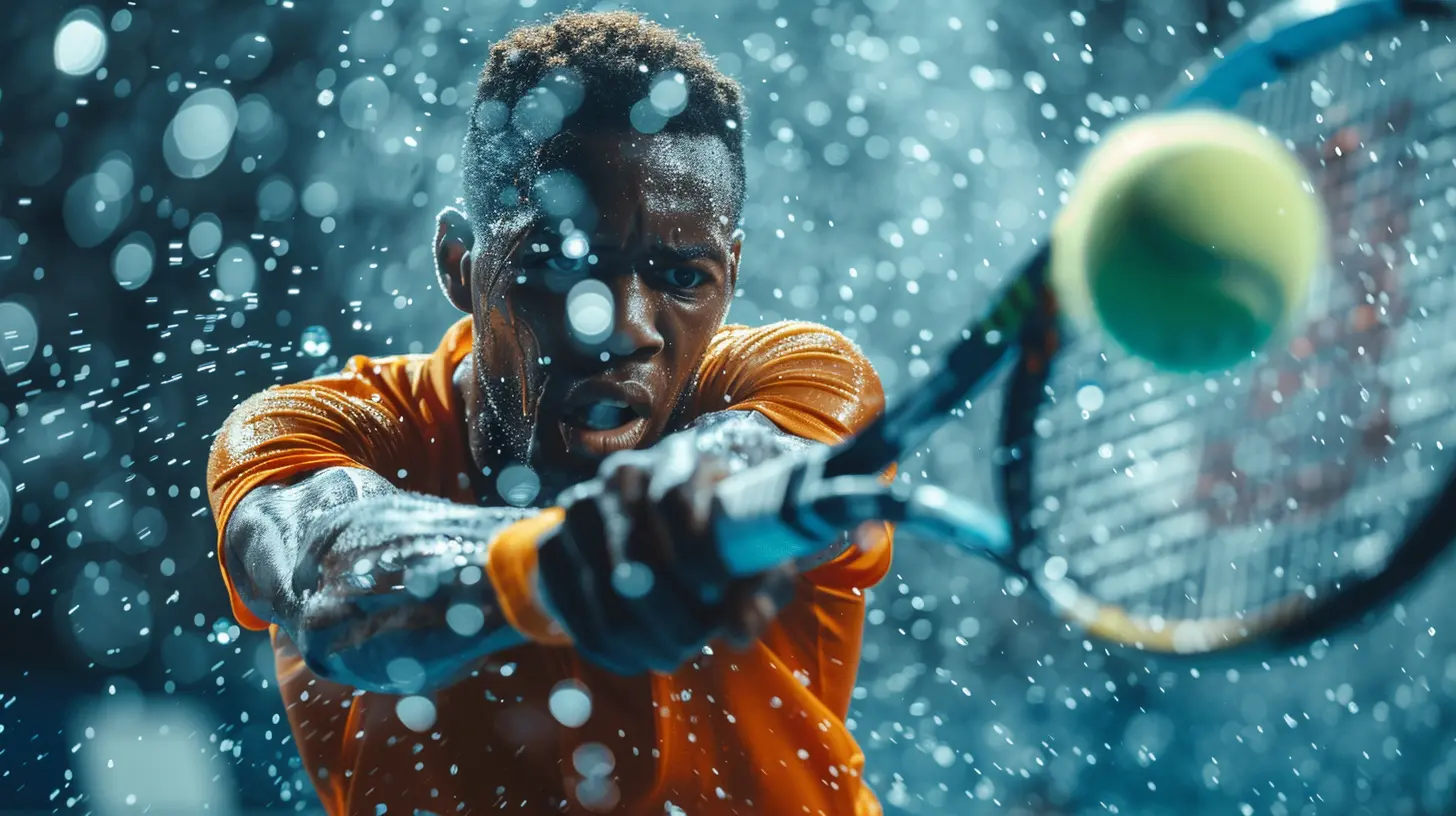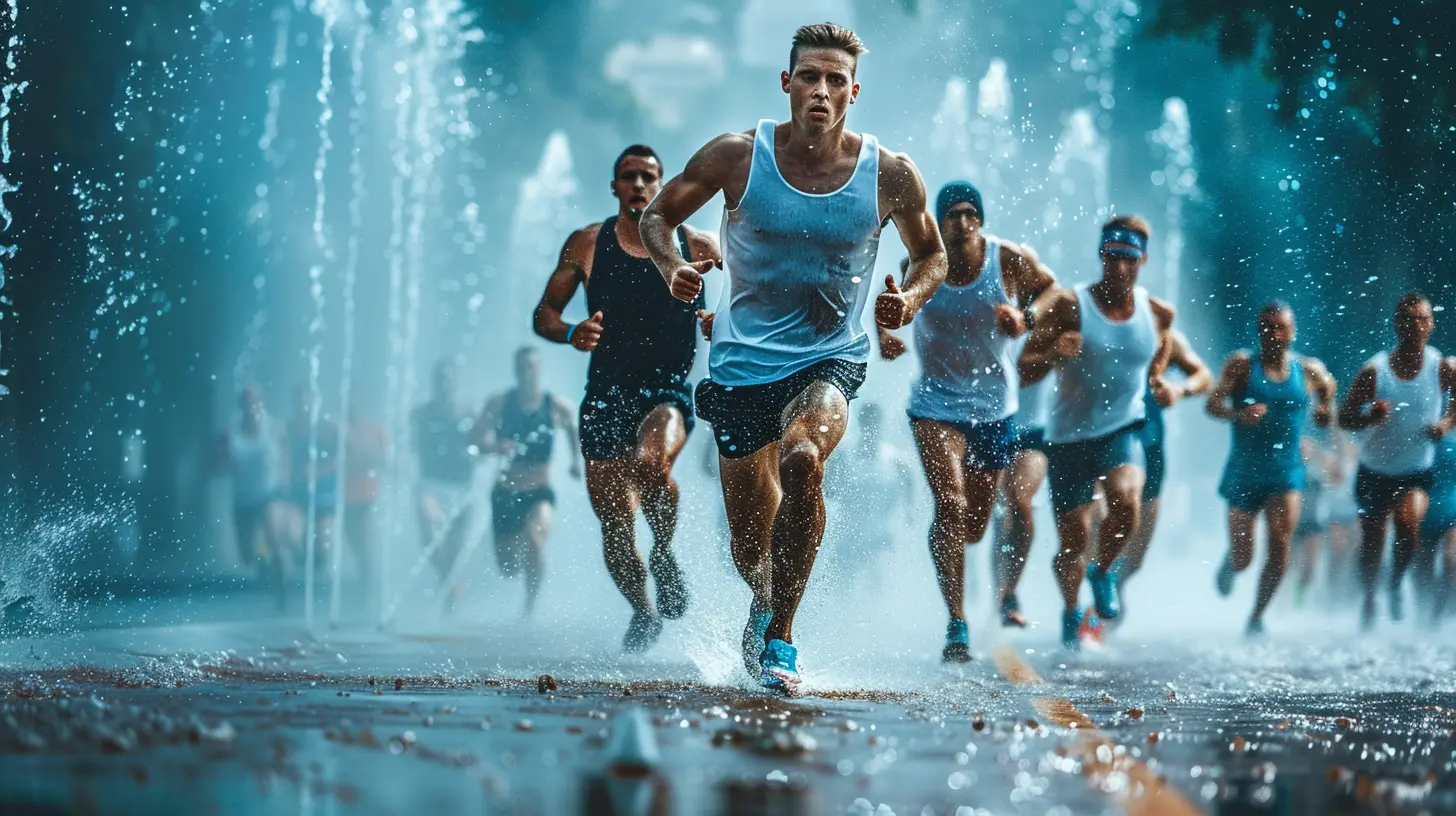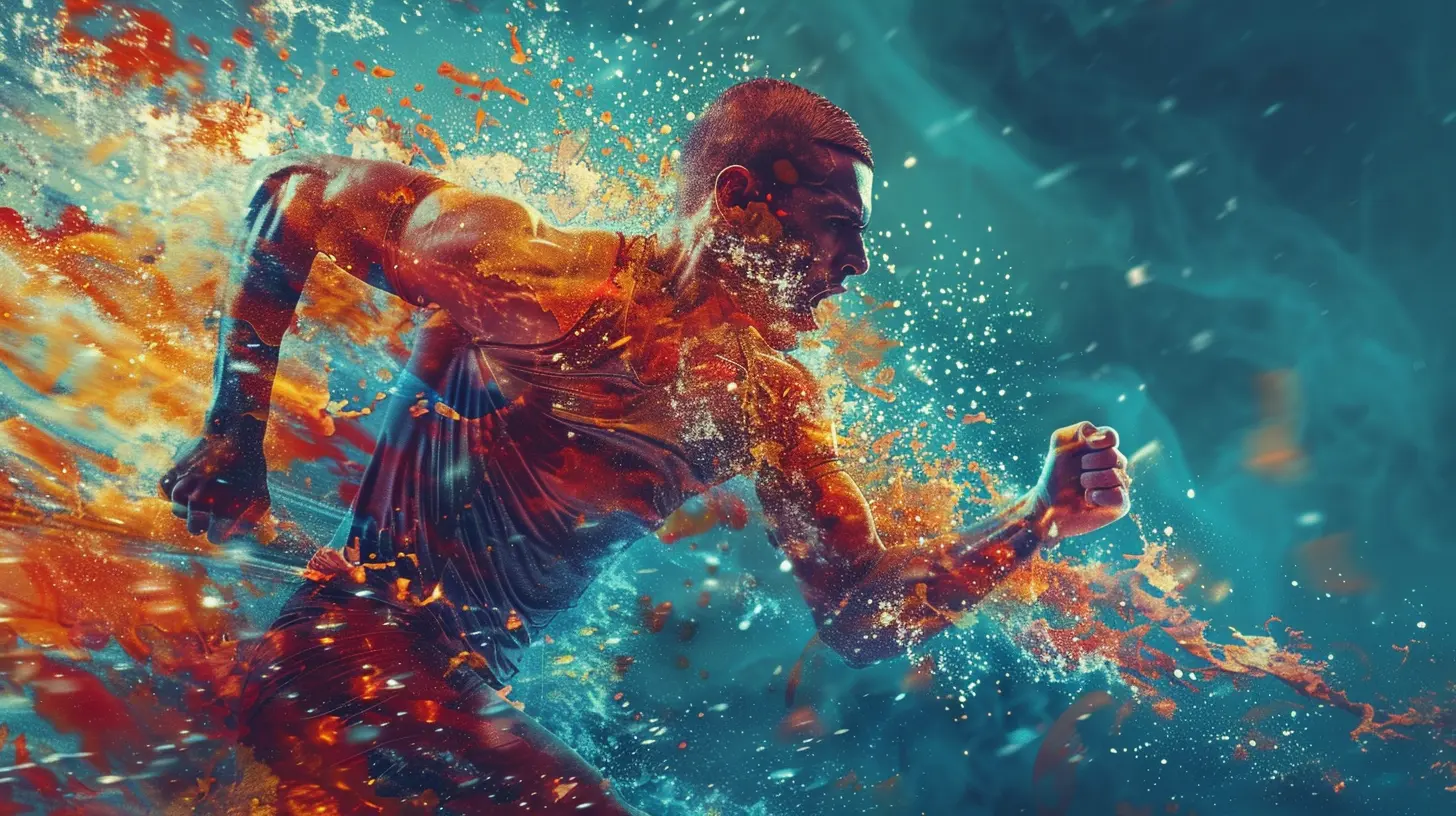How Athletes Build Long-Term Partnerships with Brands
2 September 2025
Brand deals and sponsorships aren't just flashy ads during the Super Bowl or logos slapped on jerseys anymore. For today’s athletes, brand partnerships have evolved into long-term, meaningful relationships that benefit both parties.
But how do athletes go from a one-off Instagram post to a multi-year, multimillion-dollar brand ambassadorship? How do they transform from "just an endorser" to an actual voice for a company?
Let’s dig into how athletes build long-term partnerships with brands, and what it really takes to make these deals last.
The Changing Game of Athlete Endorsements
Back in the day, brand deals mostly meant one thing: a famous athlete holding up a product and saying, “Buy this.” It was all about short-term visibility. Fast forward to today, and the game has changed.Now, brands are looking for authentic personalities, not just performance on the field. They want real connections, shared values, and the ability to tell a story. And athletes? They want more than a check—they want partnerships that align with their beliefs and personal brand.
Take LeBron James and Nike, for example. That isn’t a one-time thing—it’s a lifetime deal. Serena Williams and Gatorade? Steph Curry and Under Armour? These are relationships built on years of trust and collaboration.
So how do athletes get to that level?
1. Building a Personal Brand First
Here’s the truth—brands don’t just pick athletes because they’re talented. Talent gets you on the radar. But your personal brand gets you in the boardroom.Every top-tier athlete that's scored a long-term partnership started by building a strong, consistent image. Think about it:
- Who are they off the field?
- What do they stand for?
- How do they use social media?
- Do fans trust them?
Social media gives athletes the power to shape that narrative like never before. Whether it's a TikTok dance, a heartfelt tweet, or a behind-the-scenes vlog, athletes now control their own PR. And brands are watching.
The more authentic and relatable an athlete is, the more likely a brand will feel comfortable tying their image to them for the long haul.
🔑 Key takeaway? Be yourself—but be strategic about it.
2. Aligning With Shared Values
You know the phrase "birds of a feather flock together"? That's how it works with brand partnerships, too.Before signing on the dotted line, smart athletes ask: "Do I actually vibe with this brand?"
Because here's the thing—saying "yes" to a brand that doesn’t align with your personality or values? That’s a fast track to disaster. Athletes who win long-term deals tend to share similar values with the companies they work with.
Let’s look at Naomi Osaka. She's not just an incredible tennis player—she's also an outspoken advocate for mental health and social justice. Brands like Nike and Beats by Dre didn’t just sign her for her backhand. They saw a perfect alignment between her personal mission and their brand voice.
When the values match, the partnership can evolve into something way more meaningful than just a contract. It becomes a movement. And movements last.
3. Showing Loyalty (It’s a Two-Way Street)
You know what brands love more than anything else?Loyalty.
Think about the athletes who stick by their sponsors—even when competitors come knocking with a bigger check. Brands notice that. They crave that.
One of the best examples? Steph Curry and Under Armour. When Curry was just starting to rise, Under Armour believed in him—and he returned that faith. Instead of chasing a flashier deal elsewhere, Curry doubled down. That loyalty didn’t just earn him more respect. It earned him equity in the company. Literally.
Long-term deals often get built out of long-term trust. If an athlete shows they’re committed, brands are more likely to invest in bigger and longer arrangements.
4. Going Beyond the Commercial
Today’s partnerships aren’t just about commercials or product placements. They’re about collaboration.Athletes who secure long-term relationships with brands usually get involved in product development, marketing campaigns, and even storytelling.
Take Michael Jordan and Nike. That relationship changed the game. Jordan was involved in the creative direction of the Air Jordan line, not just the face of it. That level of involvement opened the door to a brand within a brand—and created generational wealth and cultural impact.
Modern athletes are following that blueprint. They're not just endorsing; they're co-creating.
If you’re an athlete looking for long-term brand love, the lesson here is simple—don’t just wear it, build it.
5. Consistency Over Flash
Let’s face it—today’s world is full of viral moments, but long-term partnerships aren’t built on 15 seconds of fame. They’re built on consistency.Brands want to know: Can you deliver year after year?
An athlete who posts once every six months on social media or disappears during the off-season isn’t showing consistency. But someone who consistently engages their audience—with workouts, charity work, brand shoutouts, and real-life moments—they’re building trust.
And trust equals staying power.
So if you’re an aspiring athlete (or managing one), think marathon, not sprint. Long-term means showing up even when no one’s watching.
6. Keeping It Real (Authenticity Rules)
Let’s talk about the elephant in the room: fake it ‘til you make it doesn’t cut it anymore.Today’s consumers are sharp. They can smell a forced promotion from a mile away. They want to see real athletes with real opinions, promoting products they actually use.
It’s not about over-polished perfection—it’s about realness. If an athlete genuinely drinks a certain energy drink, wears specific shoes, or trains with certain gear, promoting it will feel organic.
Authenticity turns followers into loyal fans. And when fans trust the athlete, brands reap the benefits.
Win-win.
7. Having a Solid Team Behind the Scenes
Let’s be honest—it takes a village. No athlete pulls off a major brand deal solo.Behind every massive endorsement is a team: agents, publicists, business managers, lawyers, and sometimes even personal branding coaches. These folks help navigate contracts, protect the athlete’s image, and find the right opportunities.
Long-term deals often involve complex negotiations and legal protections on both sides. Having a savvy team ensures the athlete gets the best terms and keeps things running smoothly.
So yes, talent matters. But a sharp team? That’s your safety net and your rocket ship.
8. Showing Off More Than Athletic Talent
Believe it or not, brands aren’t just watching stats and game highlights anymore. They’re seeing who the athlete is as a whole person.- Do they give back to their communities?
- Do they speak on important issues?
- Are they into fashion, gaming, cooking, or fitness?
- Do they have charisma and media presence?
The more multi-dimensional an athlete is, the more value they bring to brands. It’s like being an MVP off the field, too.
Just look at Travis Kelce—sure, he’s a star on the gridiron, but his fashion sense, podcast, and relationship with Taylor Swift (yeah, we went there) have all added layers to his brand appeal. That opens up doors way beyond typical sports sponsors.
So the message? Be more than just your sport.
9. Building a Legacy, Not Just Revenue
Here’s the big picture: brand partnerships aren’t just about how much money you make. They’re about what you leave behind.Serious athletes looking to build long-term wealth think legacy—even in business. That’s why many use brand deals to invest, innovate, and build something that’ll last long after their final game.
Take Magic Johnson. He used his NBA fame as a springboard to build an empire—partnering with Starbucks, investing in real estate, and becoming a major franchise owner. He didn’t just chase checks. He chased ownership.
Long-term brand partnerships can be the bridge to bigger things. The big secret? Think like a CEO, not just an athlete.
10. Staying Out of Scandals
It sounds obvious, but we gotta say it: reputation is everything.Even one bad moment can make a brand think twice about continuing a relationship. Athletes need to be hyper-aware of how actions—on and off the field—are perceived.
Long-term deals come with a higher standard of accountability. That means:
- Avoiding controversies (legal, ethical, or social)
- Staying respectful in public discourse
- Being responsible with digital content
- Apologizing and owning up when mistakes happen
Brands are investing in a long-term image. They’re not just buying who you are today—they’re betting on who you’ll be tomorrow.
Final Thoughts: Playing the Long Game
So, how do athletes build long-term partnerships with brands?It’s part strategy, part authenticity, and all about relationships. The ones who make it long term are the ones who care about more than just the paycheck. They build trust, align with purpose, and become part of the brand’s story.
Whether you’re an up-and-coming athlete or just someone curious about the modern business of sports, one thing is clear:
Endorsements today are more than a moment—they’re a movement.
So here’s the real question: Will your brand story be a tweet—or a chapter in history?
all images in this post were generated using AI tools
Category:
Brand EndorsementsAuthor:

Easton Simmons
Discussion
rate this article
1 comments
Ziva Patel
Great insights! Collaboration is key for success!
September 23, 2025 at 4:29 AM

Easton Simmons
Thank you! I appreciate your thoughts on the importance of collaboration in building successful partnerships.


